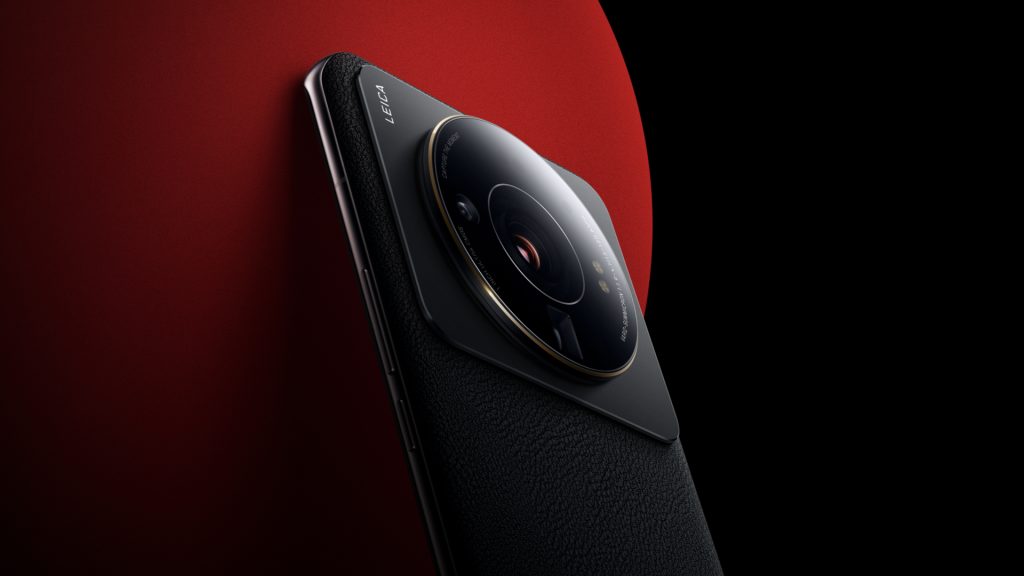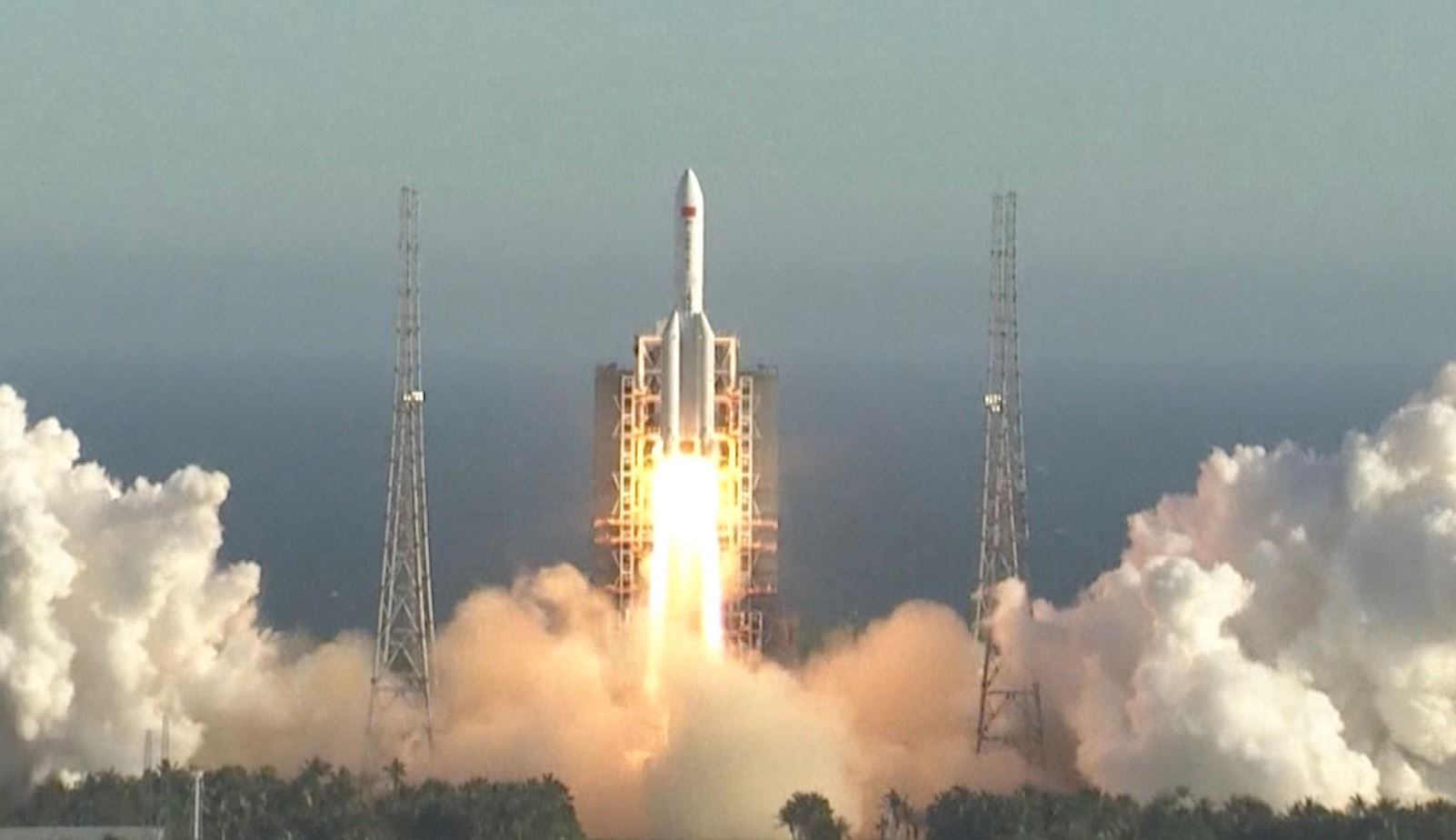 TheTechMedia.com/wp-content/uploads/2022/07/cb22c960b47a7a4173a1f8280653b8c1-300×169.jpg 300w, https://TheTechMedia.com/wp-content/uploads/2022/07/cb22c960b47a7a4173a1f8280653b8c1-768×432.jpg 768w, https://TheTechMedia.com/wp-content/uploads/2022/07/cb22c960b47a7a4173a1f8280653b8c1-1536×864.jpg 1536w, https://TheTechMedia.com/wp-content/uploads/2022/07/cb22c960b47a7a4173a1f8280653b8c1-800×450.jpg 800w, https://TheTechMedia.com/wp-content/uploads/2022/07/cb22c960b47a7a4173a1f8280653b8c1-1160×653.jpg 1160w, https://TheTechMedia.com/wp-content/uploads/2022/07/cb22c960b47a7a4173a1f8280653b8c1.jpg 1920w” sizes=”(max-width: 1024px) 100vw, 1024px”>
TheTechMedia.com/wp-content/uploads/2022/07/cb22c960b47a7a4173a1f8280653b8c1-300×169.jpg 300w, https://TheTechMedia.com/wp-content/uploads/2022/07/cb22c960b47a7a4173a1f8280653b8c1-768×432.jpg 768w, https://TheTechMedia.com/wp-content/uploads/2022/07/cb22c960b47a7a4173a1f8280653b8c1-1536×864.jpg 1536w, https://TheTechMedia.com/wp-content/uploads/2022/07/cb22c960b47a7a4173a1f8280653b8c1-800×450.jpg 800w, https://TheTechMedia.com/wp-content/uploads/2022/07/cb22c960b47a7a4173a1f8280653b8c1-1160×653.jpg 1160w, https://TheTechMedia.com/wp-content/uploads/2022/07/cb22c960b47a7a4173a1f8280653b8c1.jpg 1920w” sizes=”(max-width: 1024px) 100vw, 1024px”>In a show of an intense focus on getting it right on the camera front, Xiaomi has announced the limited launch of the Xiaomi 12S Series “co-engineered with Leica” in Mainland China. The series contains the Xiaomi 12S, the Xiaomi 12S Pro and the Xiaomi 12S Ultra. The most interesting bit of hardware is a 1-inch sensor from Sony, covered entirely in Leica glass.
Xiaomi 12S Ultra
Developed in partnership with Sony, the 1-inch sensor (the IMX989 1-inch sensor) will be present on Xiaomi’s new flagship smartphone, the Mi 12S Ultra. The sensor comes with 3.2μm, which in turn reduces noise, extends dynamic range, increases the light captured, and achieves overall better imagery in low-light conditions. All-in-all, it seems to be capable of much better smartphone photography and is quite big for a smartphone.
The 12S Ultra is the crown jewel of the 12S series coming with exciting features such as a 6.73-inch OLED display, and a Snapdragon 8+ Gen 1 system on a chip. Touted to be the first Android device capable of shooting in Dolby Vision HDR, it also comes with IP68 water and dust resistance, a large 4,860 mAh battery, 67W wired fast charging, a new heat dissipation system and a 120Hz refresh rate display.
Coming in Verdant Green and Classic Black, the Xiaomi 12S Ultra also happens to be the first flagship model to be equipped with two proprietary Xiaomi Surge chips – the Xiaomi Surge P1 fast-charging chipset and Xiaomi Surge G1 battery management chipset.
For those who love photography, the Xiaomi 12S Ultra is an offer they simply cannot refuse. Its wide-angle, 50MP primary camera adopts an 8P aspheric lens and uses the 1-inch sensor. The camera also comes with protective features such as adds anti-glare lens coating, and lens edge ink coating. There is also a 48MP ultrawide camera, a 48MP telephoto with 5x optical zoom, and a 32MP front camera.
One of the variants (8GB of RAM and 256GB of storage) will cost around $900, while another variant (12GB RAM and 256 GB storage) will cost nearly $970. The high-end version (12GB of RAM and 512GB of storage) will cost around $1,050.
Xiaomi 12S and Xiaomi 12S Pro
This is far ahead of the other devices of the 12S series – the Xiaomi 12S comes with 67W wired charging, 50W wireless charging, and a 4,500mAh battery, while the Xiaomi 12S Pro offers the Xiaomi Surge P1 fast-charging chipset, 120W wired charging, 50W wireless charging, and a 4,600mAh single-cell battery.
Sony’s IMX707 is the primary sensor of both devices, which also come with a 6.73” AMOLED color display and a peak brightness of 1500 nits. Both the Xiaomi 12S and 12S Pro come in black, purple, green, and white, and come with a main camera sensor with a 1/1.28-inch size.
All three devices utilize Leica imaging profiles, offering users access to two photographic styles – the “Leica Authentic Look” and the “Leica Vibrant Look” – and support 10-bit RAW format calibrated by Adobe Labs.
They start at just over $700 (for the Xiaomi 12S Pro) and nearly $600 (for the Xiaomi 12S). The variants for the Xiaomi 12S Pro cost around $750, around $800, and nearly $880. The same for the Xiaomi 12S come at nearly $650, around $700, and nearly $780.




